The effect of motor education lessons in developing some creative abilities and enhancing the principles of sustainable development for children of the private kindergarten of the buds of hope
Main Article Content
Abstract
The aim of the research was to identify the effectiveness of proposed educational units for motor education lessons in developing creative abilities (fluency, imagination, originality) among children of the private Buds of Hope Kindergarten and to know the differences between the results of the proposed educational units and the traditional curriculum in developing creative abilities. The research community consisted of (50) children from Al-Amal Kindergarten for the academic year 2024-2025 in Basra Governorate who joined two classes A-B and were divided into two equal groups (experimental and control). Creativity tests were conducted on them for pre-school children after designing motor activities related to the environment and sustainability such as recycling activities and designing games that include collecting and classifying balls or colored objects according to materials that can be recycled. We concluded that there were significant differences between the two groups and the post-test in the creative abilities tests (fluency, imagination, originality) and that the students were at a level not less than average.
Article Details

This work is licensed under a Creative Commons Attribution-NonCommercial 4.0 International License.
References
Al-Diwan, L. H. M. (1999). The effect of using two teaching methods to develop general creative and motor abilities in a physical education lesson for fifth-grade primary school girls. [Unpublished doctoral dissertation]. https://doi.org/10.13140/RG.2.2.13455.76960
Al-Diwan, L. H., & Sultan, S. T. (2017). The effect of teaching educational units in games in the manner of exploration on the skills of motor skills of girls aged (7-8) years. Journal of Physical Education Studies and Research, 51, 1–13. https://www.iasj.net/iasj/article/103715
Al-Sudani, A. L. (2002). A comparative study of some creative and physical abilities using a proposed educational curriculum [Master’s thesis]. University of Basra.
Ibrahim, A. S. (1978). New Horizons in the Study of Creativity. Dar Al-Qalam.
Lamyaa, H. M., & ruaa, M. A. (2015). The impact of a proposed curriculum lessons Educational motor using effective teaching In the development of creative thinking for the children of the preparatory stage. Journal of Studies and Researches of Sport Education, 42, 32–48. https://www.iasj.net/iasj/article/104025
Lazem, M. A., Ghazi, M. A., & Mohammed, L. H. (2024). The Impact Of Curriculum Engineering, Artificial Intelligence Strategies, And Digital Methodology On Teaching Physical Education. Journal of Studies and Researches of Sport Education, 34(2).
Othman, I. A., Mohamed, L. H., & Shabib, S. S. (2023). The effect of Top Play and Top Sport cards using recreational games in developing children’s creative abilities. Journal of Studies and Researches of Sport Education, 33(2). https://doi.org/10.55998/jsrse.v33i2.466
Othman, I. A., Mohammed, L. H., Alsaeed, R., & Shabib, S. S. (2024). The effect of the Montessori program using physical activity games in enhancing the sensory-motor perception abilities of kindergarten children aged 5 to 6 years. Journal of Sports Education Studies and Research, 34(3), 19–36. DOI: https://doi.org/10.55998/jsrse.v34i3.617
Qatami, A. R. A. N. (2000). Principles of Psychology (1st ed). Dar Al-Kutub for Printing and Publishing.
Rasoul, T. H. A., Shabib, S. S., Mohammed, L. H., & Ghazi, M. A. (2024). The impact of climate change on the flow of the teaching unit during the teaching of some basic skills in the physical education lesson. Wasit Journal of Mathematical Sciences, 19(2), 160–176. DOI: https://doi.org/10.31185/wjoss.464
Roshka, A. (1989). Public and Private Creativity. Al-Siyasa Printing Press.
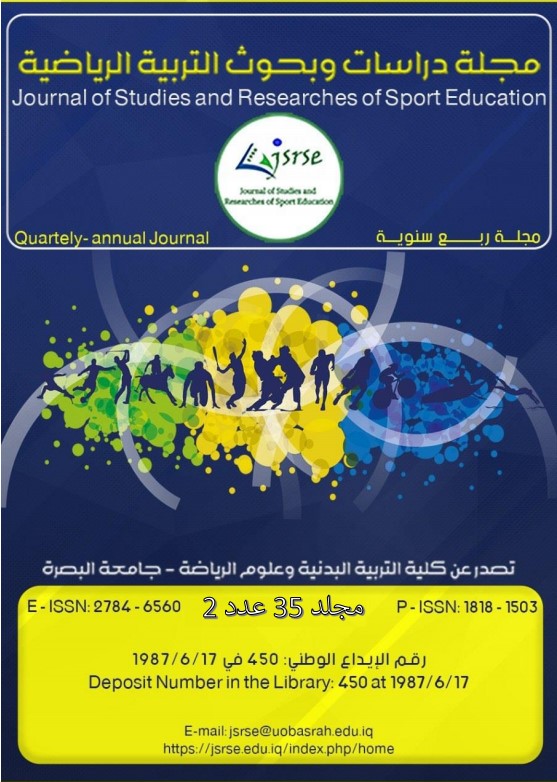




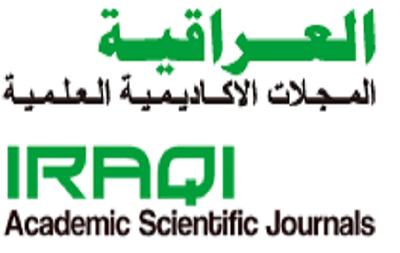 IASJ
IASJ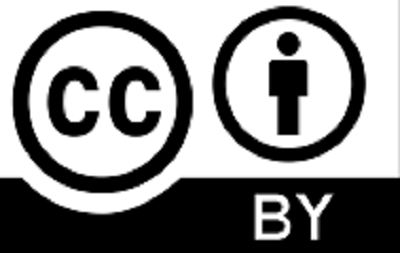 CC-BY-4.0
CC-BY-4.0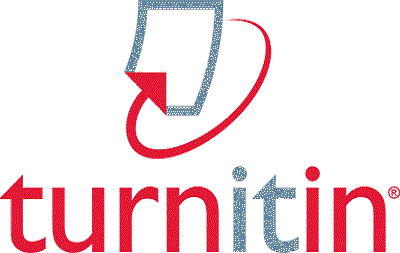 turnitin
turnitin ISSN
ISSN DOAJ
DOAJ Crossref
Crossref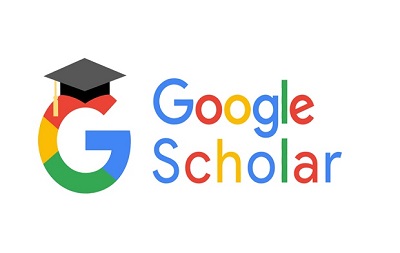 GoogleScholar
GoogleScholar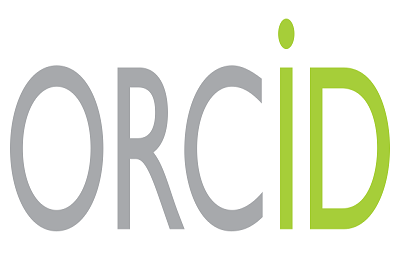 Orcid
Orcid